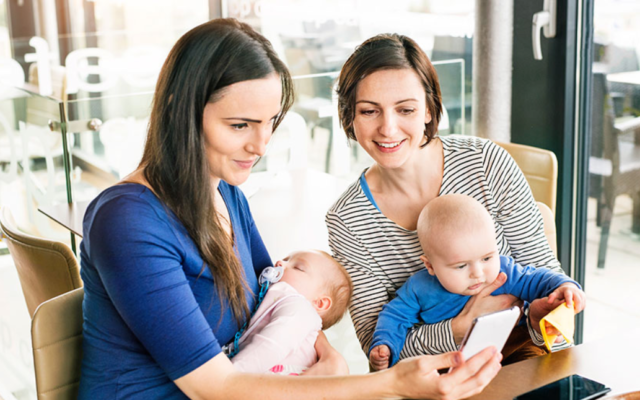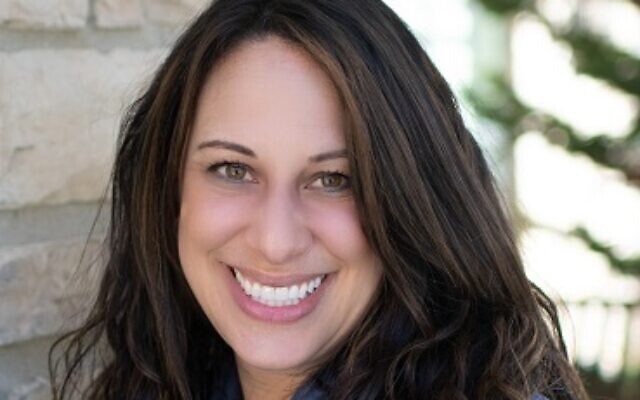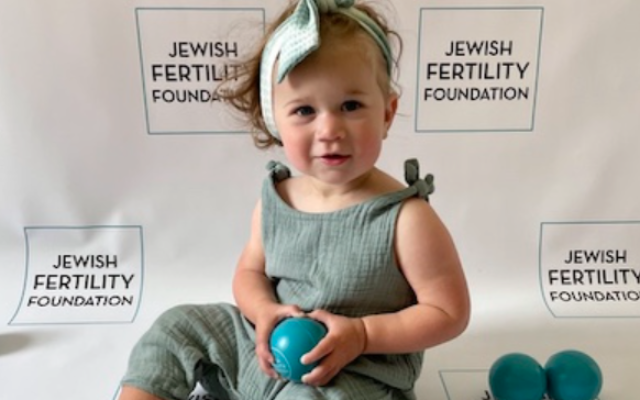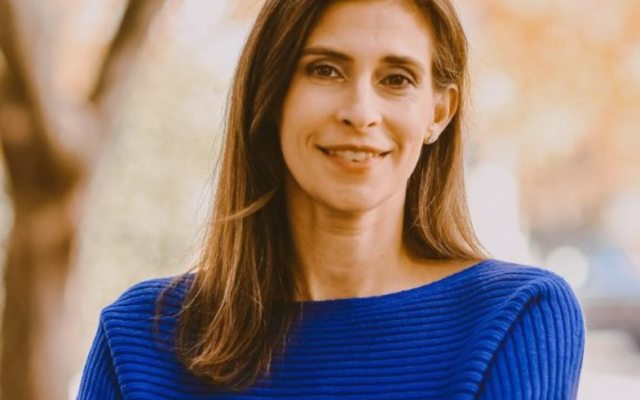Jewish Fertility Foundation to Open Washington Office
Program in the nation’s capital is the sixth city to have a program to help Jewish women experiencing infertility.

The Atlanta-based Jewish Fertility Foundation is expanding to the Washington, D.C. metropolitan area. According to Elana Frank, founder and chief executive officer of the organization, the new office will serve a community that is said to be the third-largest Jewish population center in the country.
According to a survey by Brandeis University taken in 2018, approximately 300,000 Jews live in a community which includes areas of northern Virginia and Maryland, in addition to the city of Washington, D.C. That’s a 37 percent increase in just 15 years. What is particularly significant, according to Frank, is that the community includes an unusually large number of national opinion makers in government and philanthropy and many of them are under the age 40.
She sees the expansion as a big step forward both for her organization and for those in the Washington Jewish community who expect to have the new office open by the beginning of January.

“Members of the D.C. Jewish community first reached out to us several years ago,” Frank says, “and this past year they were able to complete raising their initial capital, which essentially pays for a local staff person and an office for two years. So, we’ve had almost 200 donors and volunteers engaged in D.C. before we even officially open up the office.”
The organization, which now numbers programs in five cities, plus Atlanta, has provided $1.2 million in interest-free loans to help finance fertility treatments and facilitate discounts for medical services that are usually not covered by insurance. The cost of such services can run $25,000 and more for each pregnancy.
It also facilitates support groups and a one-on-one buddy system to ease the emotional pain of infertility. It is something that Frank knows firsthand. Her three children were all born as the result of medical treatments she received. The last of which was conceived over four years ago after she started the organization. It’s a process she describes as like being on an emotional roller coaster that takes its toll on women, both physically and emotionally.

“It’s isolating, you know, when you’re going through this process, especially in the Jewish community, which values family more than anything,” Frank says. “The major holidays are a particularly difficult time. And how do you go to a bris of a friend of yours without feeling really bad for yourself? You can also be really happy for somebody else, but it’s really, really, really isolating.”
The chairperson of the Washington organizing committee also has three children, all born after fertility treatments. Amy Forseter’s children are 14, 11 and 7, now, respectively, but when she first started trying to get pregnant 20 years ago, information was not always readily available and navigating a network of medical providers was not easy. Even today, she says, for many women, it can be a very lonely experience.
“You feel like you’re the only one in it. Why isn’t this happening to me? What’s wrong with me? You have a lot of self-doubt. You question your own identity and your own self-worth. And what I love about the programs of the Jewish Fertility Foundation is you get to come together with other people who are feeling the same way. And there’s strength in that. You know, you have your community, you have support. Even if no one knows what to say, you’re in it together and it’s beautiful,” Forseter said.

Forseter describes the reaction in Washington as very welcoming or, as she put it, “people wanting to support and people wanting support.” The Jewish Federation in Washington provided an important matching grant to get the organization started there.
In a time when issues surrounding reproductive health are front and center on the national political agenda, Forseter feels that the work of the Fertility Foundation is finally getting the attention it deserves.
“For the Foundation to be able to make an impact in such a large city with such large numbers and with so many people that are going to be using our services, it’s a great opportunity. And I do think it will be a game changer because in places like New York and L.A. and other important communities they are going to say, why aren’t we doing these kinds of things? Why isn’t it on our radar?”
In Atlanta, Elana Frank feels the momentum building. Next month, she is bringing the Foundation’s message to an important national meeting of women who are big donors at local federations around the country. She also has a pending request for a large grant from a major foundation that she says “would change everything” for her organization.
“Oh, my G-d, I wish. Every night when I go to bed, I dream about it,” she says, “And I believe that dreams can sometimes come true.”



comments